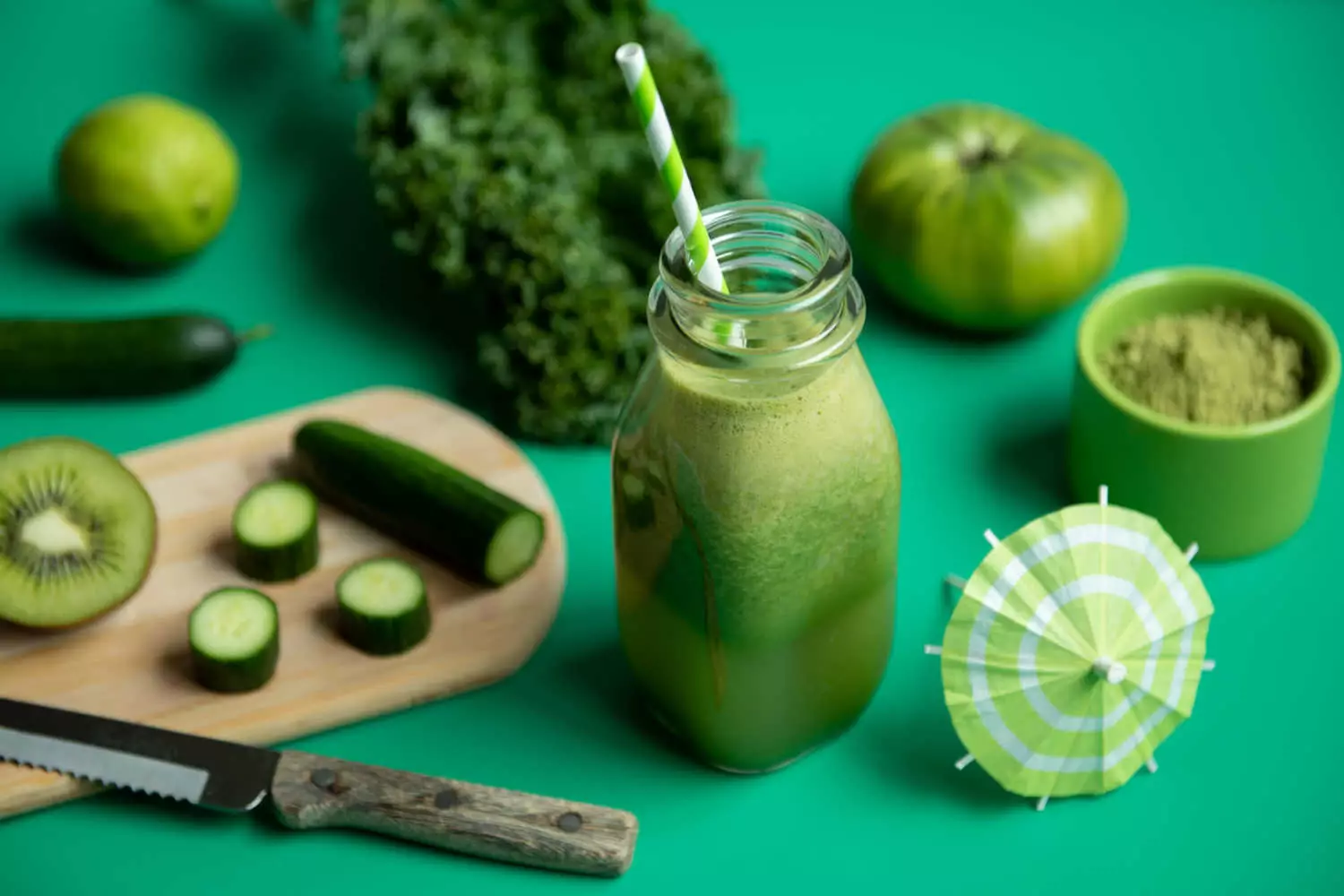
11 Everyday Things That Might Be Affecting Your Fertility
5 min readWritten by Editorial Team


Have you been trying to conceive? If so, you should be careful not to let anything affect your chances.
Besides the biological factors, several other factors can hurt your fertility. It is important to know there are many everyday things that might be affecting your fertility.
Everyday things that you consider to be harmless, and even useful or necessary, can gravely hurt your chances of getting pregnant. It would be best to watch out for such things that can hinder your fecundity.
11 Everyday Things That Might Be Affecting Your Fertility
Here are eleven everyday things that might be affecting your fertility:
1. Cellular Devices

According to research conducted at the NCBI, mobile phones and tablets that emit radiofrequency electromagnetic radiation (RF-EMR) can alter the fertility status of men and women. Also, according to the Harvard Health Letter, the artificial light emitted from the screens, called the blue light, can interfere with the production of melatonin in the human body at night.
Melatonin not only promotes sleep, but also protects the eggs from damage to the reproductive tract. So it might be in your favor to keep a little bit of distance from cellular devices, especially during the ovulation period.
2. Cosmetics And Body Care

For most of us, cosmetics and other skin care products are a necessary part of our daily life. However, we are not usually aware of the synthetic chemicals present in it. These harmful chemicals, also known as phthalates, are used as plasticizers to increase the products’ durability.
Personal care products such as nail polish, face cream, body lotion, perfume, deodorant, hair products, shampoo, body wash, wet wipes, body oil, and powder contain phthalates. Phthalates such as dibutyl phthalate (DBP), dimethyl phthalate (DMP), and diethyl phthalate (DEP) hurt female fertility, mainly when tested in the model of IVF, according to Dr. Irene Souter of Massachusetts General Hospital and Harvard Medical School.
3. Cigarettes

According to the American Society for Reproductive Medicine, smoking negatively impacts your fertility. It is responsible for up to 13 percent of all infertility cases. Besides, an unborn baby gets hurt due to a mother’s smoking during pregnancy or experiencing second or third-hand smoke during pregnancy. Smoking has also been shown to decrease the number and quality of sperm in male smokers and hurt the antioxidant levels in semen.
4. Alcohol

Findings conclude differently on whether or not a woman should abstain from drinking alcohol when she is trying to conceive. Due to the well-known harmful effects of drinking alcohol during pregnancy, women trying to get pregnant are mostly advised to stay away from it.
However, according to Dr. Annie Britton from University College London, an expert in the epidemiology of alcohol, “Total abstinence may not be necessary to maximize conception rates, if alcohol is consumed moderately, it seems that this may not affect fertility.” Although alcohol consumption has become a part of the modern lifestyle, too much of it can disrupt your fertility status.
5. Kitchenware

Several scientific studies have concluded that heating food in a plastic container in microwave ovens can negatively affect fertility. The Bisphenol A from the plastic gets into the food, and when ingested, can enter the bloodstream. It can cause hormonal changes and infertility.
When proteins are transformed into carcinogenic compounds after reacting to microwave heating, the body is unable to break down these compounds. It shuts down the production of hormones. Non-stick pots and pans also have a chemical called perfluorooctanoic acid or PFOA. High concentrations of nonstick-chemical pollutants circulating in the blood can hurt fertility as well.
6. Canned Food

The lining of the cans has bisphenol A, which, as mentioned above, can enter the bloodstream. In addition to this, the canning material, such as aluminum, can be harmful as well. Studies have found that exposure to aluminum can lower the sperm count in men, thus, reducing the chance of conception. It is best to switch to organic and fresh food to watch your health.
7. Insect Repellents

They contain diethyltoluamide or DEET, which in overabundance can be harmful to humans as well. Due to its ability to harm unborn babies and toddlers, mothers are advised not to use repellents that have more than 30% DEET concentration. Following suit, women who are trying to conceive also tend to stay away from these kinds of products.
8. Cleaning Products

Household cleaning materials such as detergents and surface or glass cleaners can negatively impact fertility as well. Detergents usually contain a large number of phthalates, whereas glass cleaners contain a significant amount of solvents.
These solvents contain reprotoxic substances, which can quickly cut through grease and even your skin. They can disrupt your reproductive health by inflicting damage on the genetic material of the cells or evoke adverse effects on your sexual function and fertility.
9. Caffeine

The Nevada School of Medicine study found that caffeine can reduce muscle activity in the fallopian tubes that carry an egg from the ovary to the uterus. Other studies have also found that drinking more than five cups of coffee a day may reduce a woman’s chances of conceiving via IVF by 50 percent.
10. Soap

Some soaps have a high content of the chemical triclosan. The antibacterial component can weaken your chances of conceiving by causing endocrine (hormone) disruption and decreasing sperm count.
11. Lubricants

They restrain the mobility of the sperms, decreasing the chance of reaching the egg. In addition to this, the pH of most lubricants is not sperm-friendly. Sometimes, it is acidic enough to kill sperm as well.
Now you know about 11 everyday things that might be affecting your fertility. Together, these items can drastically affect your fertility. So, if you use these everyday items regularly, you might want to change your lifestyle and habits and consider switching to safer alternatives.

Editorial Team,
With a rich experience in pregnancy and parenting, our team of experts create insightful, well-curated, and easy-to-read content for our to-be-parents and parents at all stages of parenting.Read more.
Responses (0)
Want curated content sharply tailored for your exact stage of parenting?
Related articles

Does Dental Health Affect Fertility – Everything You Need to Know

Best Diet For Female Fertility – Everything You Need to Know

Clomid Challenge Test (CCCT) – To Measure Your Ovarian Reserve

Running When Trying to Conceive – Is it Safe?

Green Juice For Fertility – How Does it Boost Fertility and Top Benefits

Can Green Tea Help You Conceive – Everything You Need to Know
Sponsored content
Discover great local businesses around you for your kids.
Get regular updates, great recommendations and other right stuff at the right time.





